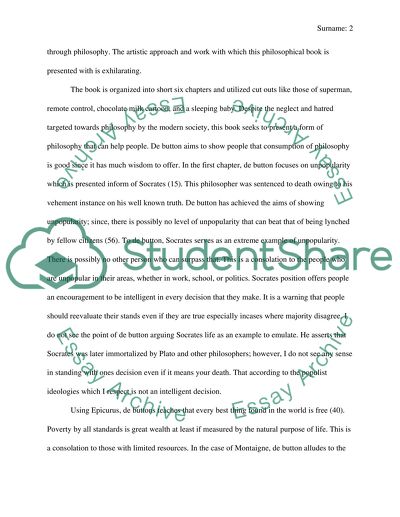Cite this document
(“The Consolations of Philosophy Book Report/Review”, n.d.)
The Consolations of Philosophy Book Report/Review. Retrieved from https://studentshare.org/miscellaneous/1608674-the-consolations-of-philosophy
The Consolations of Philosophy Book Report/Review. Retrieved from https://studentshare.org/miscellaneous/1608674-the-consolations-of-philosophy
(The Consolations of Philosophy Book Report/Review)
The Consolations of Philosophy Book Report/Review. https://studentshare.org/miscellaneous/1608674-the-consolations-of-philosophy.
The Consolations of Philosophy Book Report/Review. https://studentshare.org/miscellaneous/1608674-the-consolations-of-philosophy.
“The Consolations of Philosophy Book Report/Review”, n.d. https://studentshare.org/miscellaneous/1608674-the-consolations-of-philosophy.


